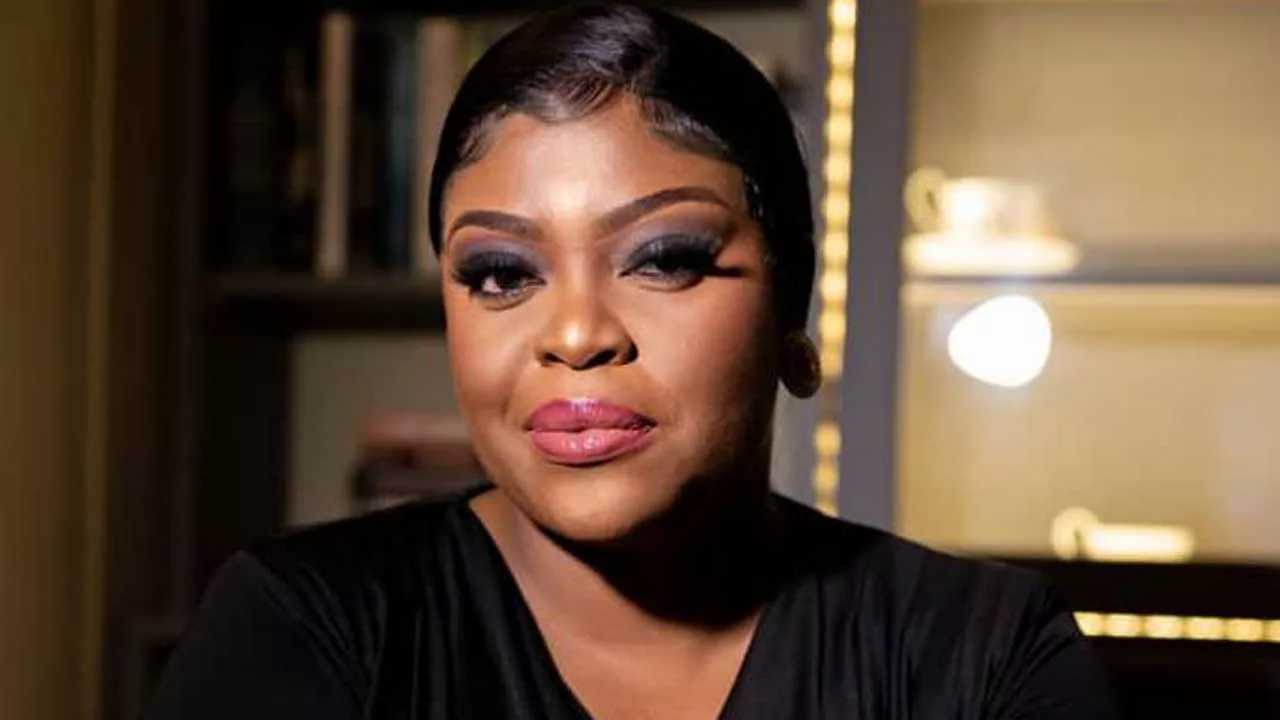Post the House of Representatives rescinding of three gender-focused bills last March, women are returning to the drawing table, and changing tactics to make their votes count in the 2023 elections, to ensure that all federal representatives who voted against the women-centered bills do not return to power.
This was the consensus reached by women groups in the 45 minutes documentary, Woken, a joint project of the Gender Strategy Advancement International (GSAI), and the Women’s Rights Advancement and Protection Alternative (WRAPA) which premiered on Wednesday at the Genesis Cinema, Cedi Plaza, Abuja.
Speaking at the event, Member, House of Representatives, Deputy Chief, Nkiruka Onyejiocha who chaired the 111 Additional Seats in the House of Assembly campaign to promote gender inclusion in politics, which was also rejected by the House said it would have been the best alternative since the male representatives feared giving up their seats at the house. However, they also threw out increased budget spending, and more demands by women once they gain foothold in the House.
Despite the failed advocacy, Onyejiocha urged women to remain steadfast in their cause and deploy other strategies to increase their representation in governance.
“We can liaise with political parties and engage with the Independent National Electoral Commission (INEC) to enforce the policy that parties without women candidates or that don’t engage women, won’t be registered for election.”
In addition, she urged that beyond believing in themselves, women should be community-oriented, warm up to their tribe, and work with those who believe in the values that women can bring to governance, both male and female.
For Charity Anaja of Women In Politics Forum, the key to the inclusion of more women in governance is the infusion of new blood, particularly younger women, and educating them on the basics of politicking, to join the political space. Her forum had recently trained a hundred young girls on politicking, community and party engagement.
“Recent statistics indicate that women make-up 51 per cent of the nation’s population. Why then are we still excluded? This documentary is telling us where we are and what we need to do. I believe we need to catch them young, and get them to join the political space and political parties.
“We are also advocating for the rights of women in the political space, to ensure that provisions that are political-friendly are passed as laws, so we have documents to hold government accountable with.”
“35% affirmative action is just the way to go forward, and for any leadership to be successful. We cannot over-flog the issue in Nigeria. Towards the 2023 election, I am calling on all women to use their votes wisely to elect leaders who will reflect their issues on the table of leadership in Nigeria,” WRAPA representative, Zainab Abdulrasheed.
Meanwhile, the women are further contemplating Namibia’s Zebra Policy, which allows for equal representation of men and women in leadership and decision-making structures. Although adopted in 1997, it was 18 years for the policy to be implemented by the ruling party. Hence, the large presence of women in Namibia’s parliament, cabinet, and other sectors of economy.
“There are a lot of parallels between what is happening in Nigeria and Namibia because we went through the same thing. Today, the policy has a moral influence, and you find that generally people are more sensitive to include women in all sectors of economy, be it mining, fishing, education, or when compiling of names for the creation of new companies,” said Namibian High Commissioner to Nigeria, Humphrey Geiseb.
To get the documentary across to women at the grassroots, broadcaster and executive director of GSAI, Adaora Onyechere said the initiative will work with media organizations to ensure serialized syndication of the documentary on-air. It is also exploring the translation of the documentary for the persons with visual and audio-impairment, and to reaching a greater number of women via the religious institutions.
“We hope that just as the church teaches women and shapes their mindsets, that they will be able to open up for organizations to engage them via this documentary, and step down the information and orientation it provides,” concluded Onyechere.
We’ve got the edge. Get real-time reports, breaking scoops, and exclusive angles delivered straight to your phone. Don’t settle for stale news. Join LEADERSHIP NEWS on WhatsApp for 24/7 updates →
Join Our WhatsApp Channel










